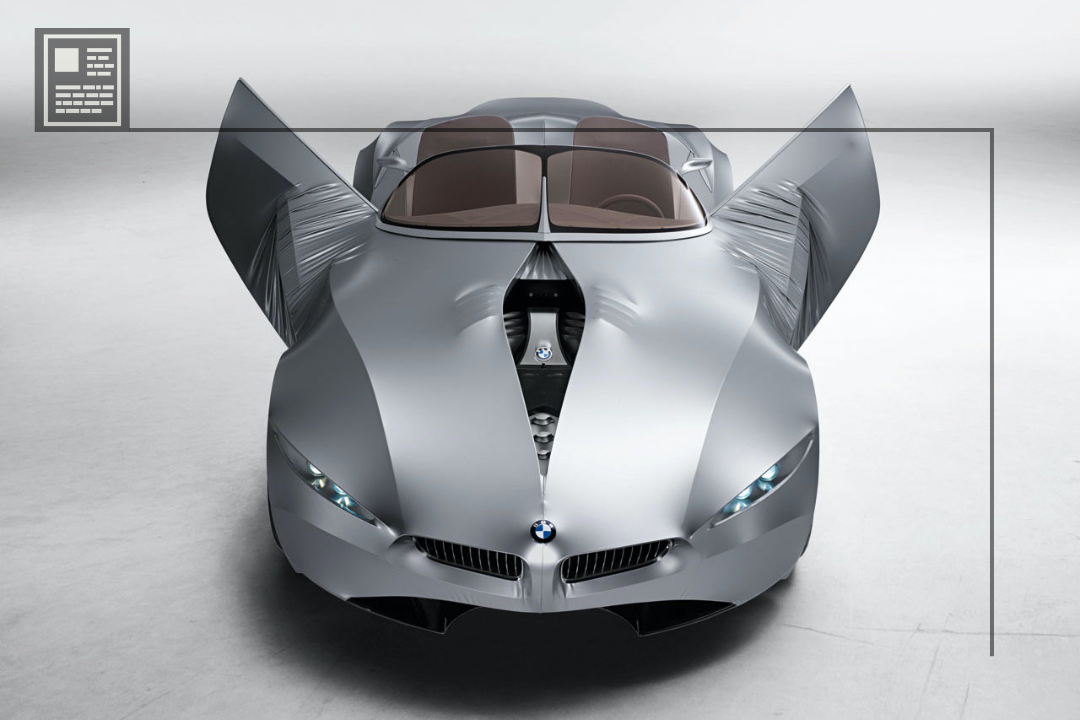The automotive world is evolving faster than ever before. What used to be futuristic dreams like self-driving cars, electric highways, or AI-powered driving assistants are now becoming a reality. These innovations are not just about making cars smarter; they are about transforming how we move, commute, and even think about transportation in the modern world.
In fact, the future of mobility lies at the intersection of technology and sustainability. Today, automotive innovations for the future of cars and technology are reshaping the industry with advanced features that prioritize safety, efficiency, and eco-friendliness. From electric vehicles to artificial intelligence, each development is pushing the boundaries of what cars can achieve.
Electric Vehicles (EVs) Driving Sustainability
One of the biggest game-changers in the automotive industry is the rise of electric vehicles. With global awareness about climate change and pollution, EVs are being embraced as the sustainable solution to reduce emissions. Companies like Tesla, BYD, and even traditional brands like Ford and Toyota are investing heavily in EV technology.
- Longer battery ranges are now exceeding 500 miles.
- Charging networks are expanding across cities and highways.
- Government incentives are making EVs more affordable.
The future of EVs goes beyond personal cars electric buses, trucks, and even two-wheelers are part of this green revolution.
Autonomous Driving
Imagine sitting back in your car while it drives itself. Autonomous driving is no longer just a science-fiction fantasy it’s becoming part of real-world testing. Tech leaders like Google’s Waymo and automotive giants like Mercedes-Benz are experimenting with fully automated vehicles.
These cars rely on advanced sensors, cameras, and AI algorithms to navigate roads, avoid collisions, and provide passengers with maximum comfort. While challenges such as regulations and safety concerns remain, autonomous vehicles could eventually make roads safer by minimizing human error.
AI-Powered Cars
Artificial intelligence is now a standard in modern vehicles. Cars are becoming more like moving computers, equipped with advanced driver-assistance systems (ADAS), voice-activated controls, and real-time navigation updates.
Features such as lane-keeping assistance, adaptive cruise control, and emergency braking are already saving lives. In the future, AI could personalize driving experiences, optimize fuel efficiency, and even predict vehicle maintenance before a breakdown happens.
Connected Cars and Smart Technology
Cars are no longer isolated machines; they are connected to the digital ecosystem. The Internet of Things (IoT) allows vehicles to communicate with each other, traffic systems, and even smart cities.
- Real-time traffic updates help reduce congestion.
- Predictive analytics enhance fuel efficiency.
- In-car entertainment systems make long drives enjoyable.
This integration of connectivity ensures that cars are not just transportation tools but full-fledged lifestyle companions.
Sustainability Beyond EVs: Alternative Fuels
While electric vehicles dominate the spotlight, alternative fuels like hydrogen, biofuels, and hybrid systems are also shaping the automotive future. Hydrogen-powered vehicles, for example, offer faster refueling and longer ranges compared to some EVs.
Global energy companies are investing in hydrogen infrastructure, signaling a shift toward multiple clean-energy solutions to power the vehicles of tomorrow.
The Role of 5G in Automotive Innovations
Another factor pushing the boundaries of automotive technology is 5G connectivity. With ultra-fast internet speeds, cars can process data in real-time. This is crucial for autonomous driving, emergency response, and smart navigation.
Imagine cars communicating instantly with traffic lights, parking systems, and even other vehicles this technology will revolutionize urban mobility and road safety. READ MORE…
Challenges and Opportunities Ahead
Of course, every innovation comes with challenges. Issues such as high production costs, cybersecurity risks, and the need for stronger infrastructure still remain. However, these challenges also create opportunities for businesses, governments, and innovators to collaborate.
The automotive industry’s future depends on how well these challenges are addressed while keeping customer safety and environmental concerns at the forefront.
Final Thoughts
The future of cars is not just about speed or style it’s about innovation, intelligence, and sustainability. Automotive innovations are rewriting the rules of mobility, blending technology with eco-consciousness. Whether it’s EVs, AI-powered safety systems, or connected smart vehicles, the road ahead looks exciting and full of possibilities.
The next time you step into your car, remember you’re not just driving a machine; you are part of a technological revolution that’s shaping the future of transportation worldwide.






